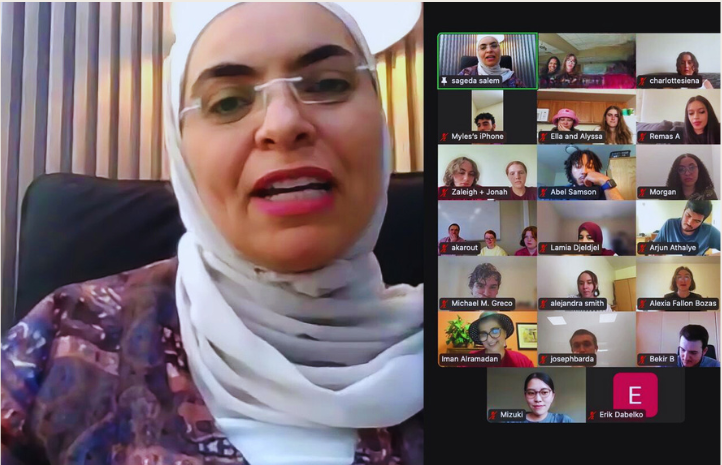Teaching Arabic to Foreigners: A Daily Journey Through Language and Humanity
To be a teacher of Arabic to non-native speakers is to be a bridge between two cultures, and a window through which others can glimpse the world of the Arabic language and civilization. It is a profession that goes beyond the limits of academic teaching, becoming a profound human experience filled with cultural, human, and linguistic exchange.
The teacher here does not merely transfer linguistic knowledge and grammar rules; they must be creative in finding ways to communicate with students from diverse linguistic and cultural backgrounds. This is where their ability to maintain their own identity and showcase its beauty shines—while at the same time opening up to the cultures of others and seeking points of human connection with them. This ability is not easy to achieve; many either dissolve into other cultures until they lose their ties to their roots, or cling to their culture to the point of isolation. The teacher of Arabic to foreigners, however, can live in a conscious balance between the two.
This profession also intersects greatly with diplomacy; the teacher discovers the politics, cultures, and societies of their students, while opening a window for them into Arab society—contributing to correcting stereotypes and conveying a genuine image of Arabs and their culture.
Although teaching may appear routine, it is far from monotonous. An Arabic teacher constantly adapts and modifies lessons to suit the needs of their students, whether they are learning the alphabet or discussing global issues. Multiple nationalities, varied linguistic and cultural backgrounds, and individual psychological considerations all play a decisive role in shaping even the simplest lessons—and this is the teacher’s daily work.
Teaching a new student is like traveling to new worlds; the teacher and the student together discover deep human similarities between their societies, realizing that there are common values and traditions that unite people despite differences in language and homeland. The teacher also gains access to personal and cultural details that no casual tourist could ever perceive—making this intellectual and social journey far deeper than any sightseeing trip.
In the end, this profession grants its practitioner the warmth of human connection and the joy of achievement, making every day a new journey and a step toward building bridges between people—and rediscovering the world through the diverse eyes sitting before them in the classroom.
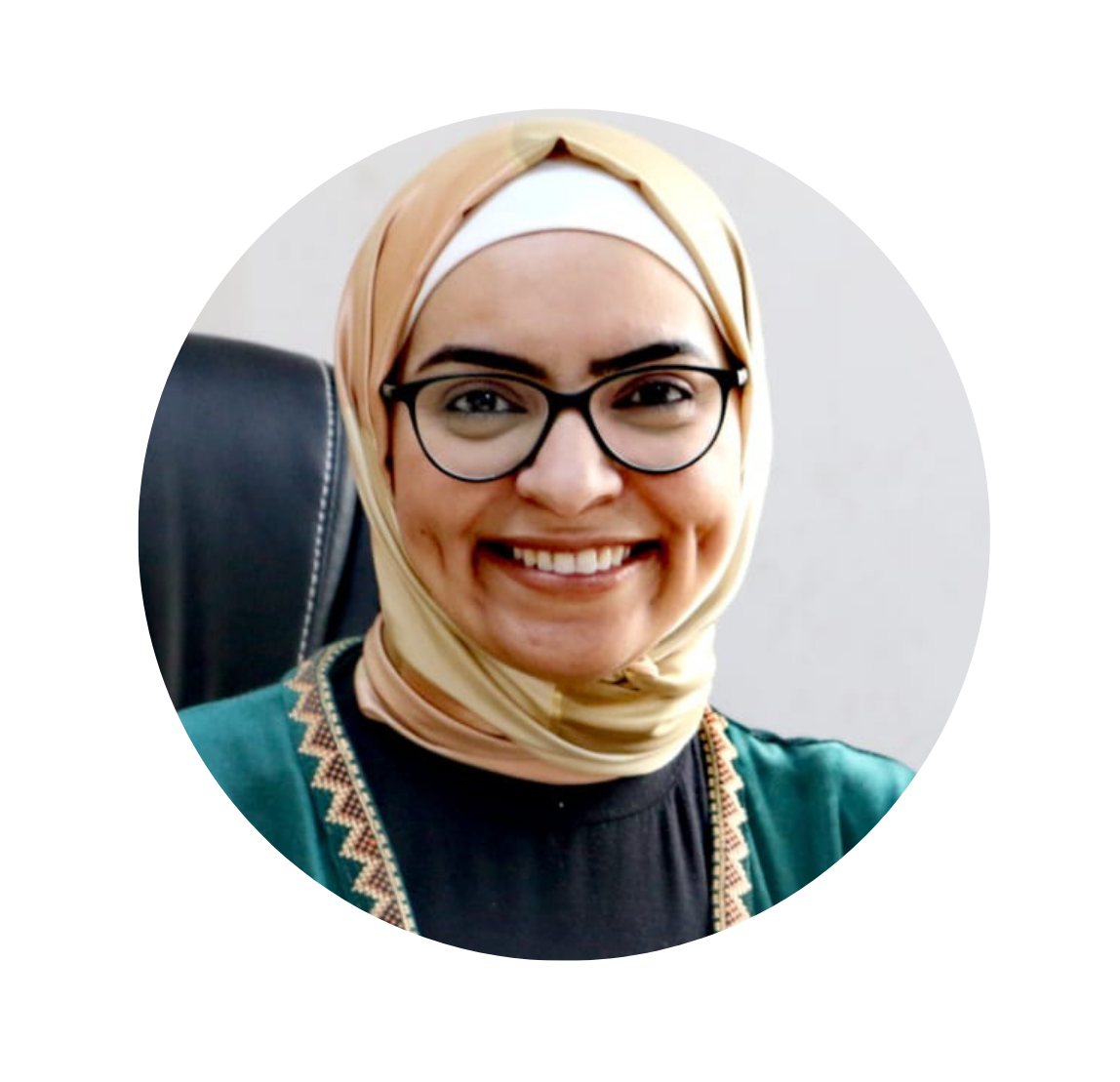
Dr. Sajeda Salem Abu Saif
Executive Director of Faseeh Institute
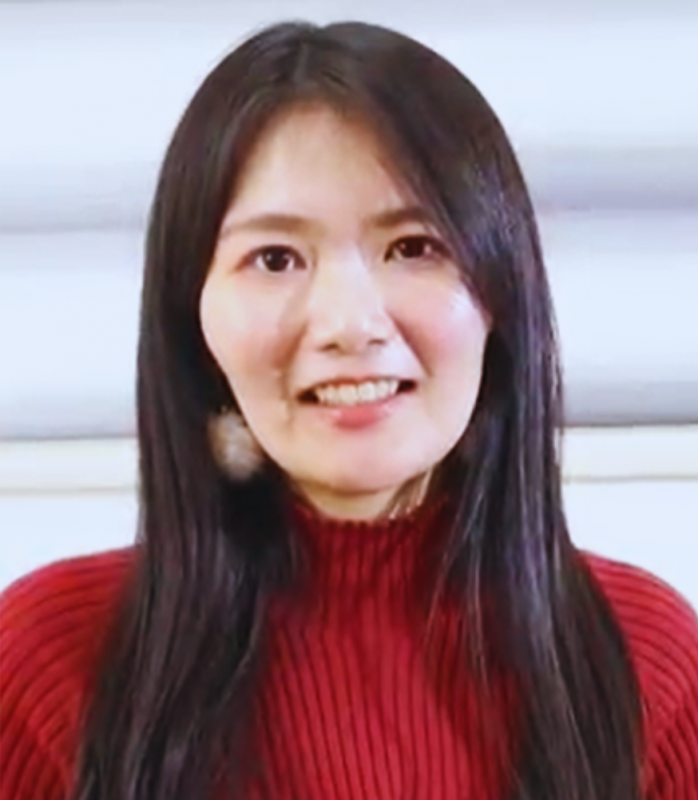
Goodbye, Haruka… Three Years of Creativity at Faseeh
With all love and appreciation, we bid farewell this summer to our dear student Haruka, who concluded her wonderful journey of studying Arabic with Faseeh after three years filled with perseverance, hard work, and the pursuit of excellence. Today, Haruka embarks on a new chapter in her professional life, and at Faseeh, we wish her every success and prosperity. Her cherished presence and beautiful imprint will always remain with us.
Haruka not only mastered her language skills, but her constant passion and desire to live a full cultural experience and immerse herself in the details of Arab life made her truly stand out. The doors of Faseeh will always be open to her, and our hearts are filled with prayers that she carries Arabic with her wherever she goes.
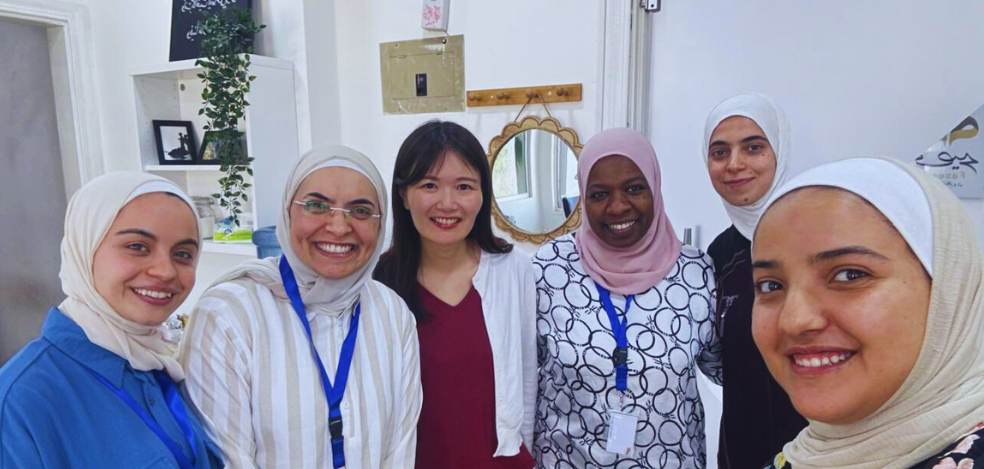
Welcome to Our New Trainees
With great joy and enthusiasm, we welcomed this month three new trainees to Faseeh to begin their special journey of learning the Arabic language and experiencing Arab culture up close. We extend a warm welcome to Naoto, Kai, and Daichi, who have come with great passion to discover the beauty of the language, its rich history, and to explore Jordanian customs and traditions through direct experience and diverse activities.
We wish them a journey full of knowledge and discovery, and may their days at Faseeh be filled with progress and unforgettable experiences. Welcome to the Faseeh family!
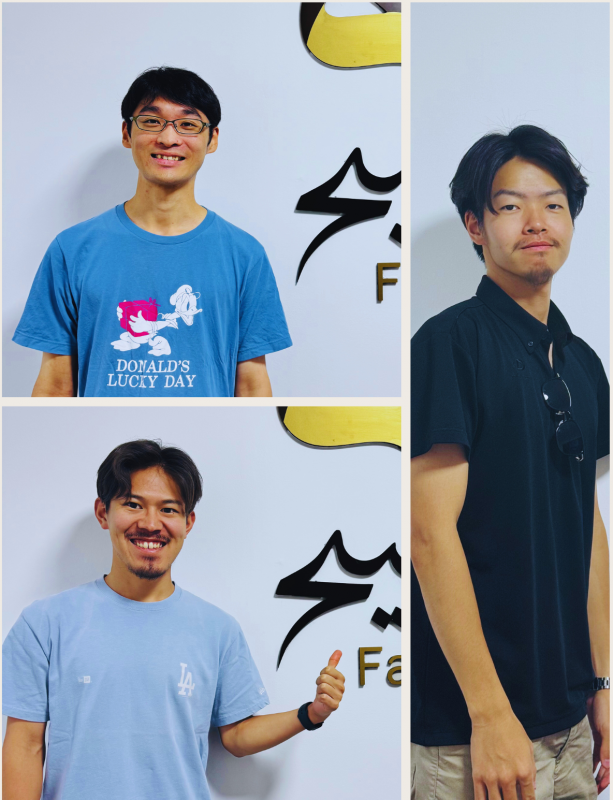
Meeting with Indiana University
On Thursday, July 18th, Dr. Sajeda Salem, Director of Faseeh, joined by students Mizuki and Bakr, participated in an online discussion session with Indiana University students via Zoom. The session focused on the importance of practicing Arabic in an Arab environment and the benefits of cultural immersion, highlighting Faseeh’s activities such as language partner programs and community-based volunteer work
